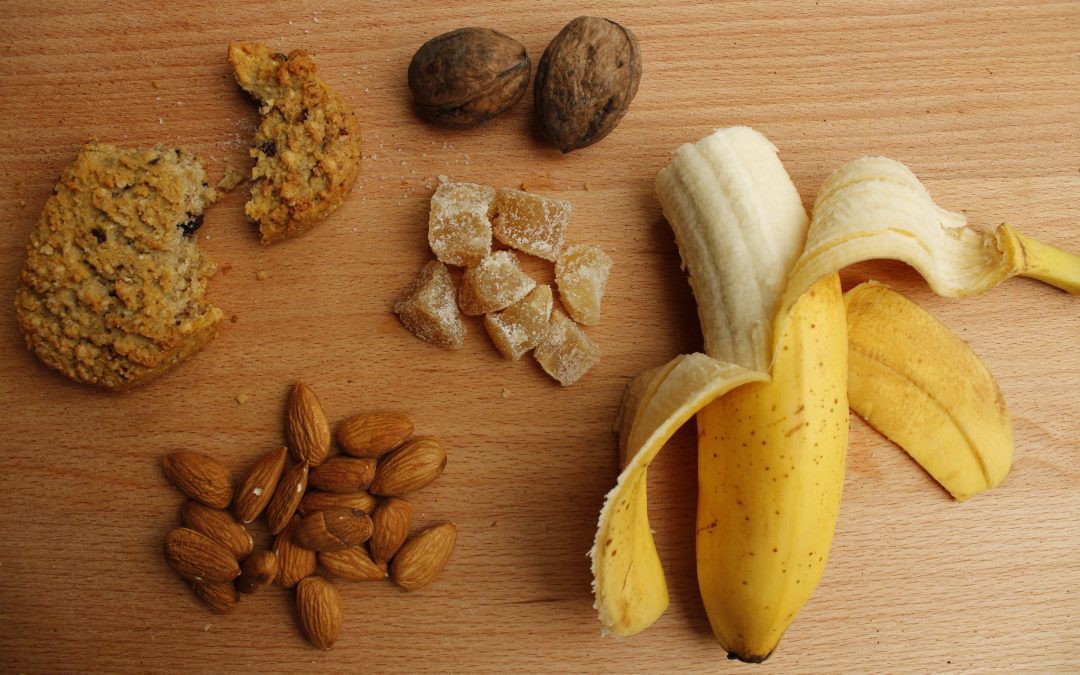For years, carbs have been painted as the villain in the weight loss world. Low-carb diets like keto and Atkins have surged in popularity, and while they can deliver short-term results, they’re often misunderstood. The truth is, not all carbs are created equal and cutting them out completely isn’t always the best strategy.
Table of Contents
What Are Carbs Really?
Carbohydrates are the body’s main source of energy. They break down into glucose, which fuels your brain, muscles, and cells. The challenge comes when we overeat the wrong types of carbs, usually highly processed, low-nutrient options like white bread, pastries, or sugary drinks.
There are two main types of carbs:
-
Simple carbs: Found in foods like lollies, cakes, and soft drinks. These spike blood sugar quickly and leave you crashing soon after.
-
Complex carbs: Found in whole grains, legumes, fruits, and vegetables. These digest slowly, keeping you fuller for longer and providing steady energy.
Why Cutting Carbs Can Backfire
While cutting carbs can cause quick weight loss initially (mostly water weight), it’s not always sustainable long term. Completely removing carbs can lead to:
-
Low energy: Without carbs, your body struggles to fuel workouts and daily activities.
-
Nutrient gaps: Carbs from whole foods provide fibre, vitamins, and minerals.
-
Increased cravings: Restriction often leads to bingeing once the diet ends.
The Role of Carbs in Weight Loss
Carbs are not the enemy, the type and quantity matter most. A balanced approach that includes whole, high-fibre carbs can:
-
Keep you satisfied and reduce snacking
-
Stabilise blood sugar
-
Support gut health
-
Provide essential energy for exercise
Smarter Carb Choices
Instead of cutting carbs, swap to smarter sources:
-
Brown rice instead of white rice
-
Wholegrain bread instead of white bread
-
Sweet potatoes instead of fries
-
Oats instead of sugary cereals
How Much Carbohydrate Do You Really Need?
Most adults need 45–65% of daily calories from carbs according to dietary guidelines. For someone on a 2,000-calorie diet, that’s around 225–325g per day. However, quality matters — aim for carbs rich in fibre and nutrients rather than ultra-processed options.
Practical Tips for Balancing Carbs
-
Pair carbs with protein or healthy fats for better satiety.
-
Fill half your plate with veggies (a great source of complex carbs and fibre).
-
Use portion control: think one fist-sized portion of carbs per meal.
FAQ: Carbs and Weight Loss
Do carbs make you fat?
Not inherently, overeating calories of any type (carbs, protein, or fat) leads to weight gain.
Are low-carb diets effective?
Yes, short-term but many people find them difficult to sustain long term.
What are the best carbs for weight loss?
Whole grains, legumes, fruits, and vegetables are nutrient-dense and filling.
Final Thoughts
Carbs don’t deserve their bad reputation. When chosen wisely, they’re essential for energy, satiety, and overall health. Instead of fearing carbs, learn to make smarter swaps and enjoy them as part of a balanced, sustainable diet.
At equ, we are committed to providing the best weight loss program and personalised meal plans to help you get your health routine back on track this Spring. Our approach goes beyond generic advice, taking into account your unique needs, preferences, and lifestyle.
equ’s personalised meal plans are crafted to not only support your goals but also to empower you oon your journey. Take the first step towards a balanced and stress-free life with equ – where progress meets personalisation.

